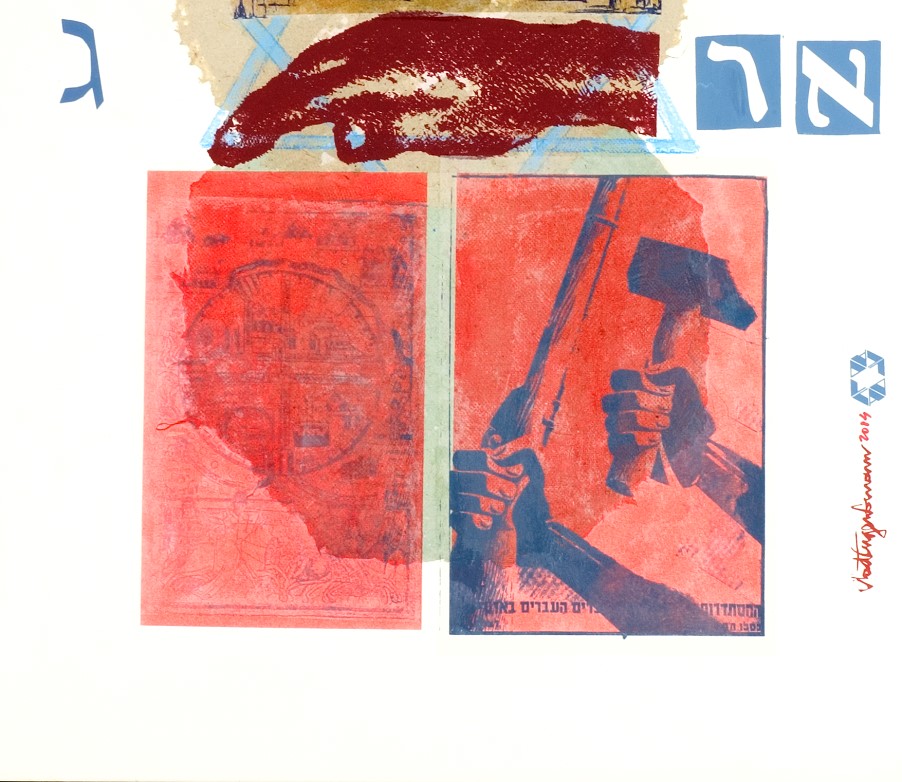Fictional Zoography in Água viva by Clarice Lispector
DOI:
https://doi.org/10.35699/1982-3053.2022.41637Keywords:
Clarice Lispector, Bestiary, Água vivaAbstract
The objective of this work is to discuss in Água viva (1973), by Clarice Lispector the literary exercise as a thinker of a “sacranimality” or primitive potential, especially the animalic, founding in the text itself and inventoried in this fiction by starting from the familiar stranger in search of the “thing”, the “X”; categories that the narrator leaves in becoming to speculate the otherness of being. To do so, it takes as main references assumptions about the bestiary arising from transcontextualizations of the imaginary of the Jewish tradition, in addition to philosophical-literary subsidies and philosophical reflections on the inhuman and Clarice's thinking literature. The hypothesis of this study is that Lispector, like the Jew, in a secularized perspective, elaborates in Água viva a thinking and self-knowledge literature, especially via a fictional zoography, looking for the origin or a type of primitive divinity of the letter that says about the living and, at the same time, problematizes in this way the limits between the human and the non-human. Thus, the narrator of Água viva takes over the world, making, in addition to the report of the animals, the report of the “thing” in search of itself for the Other or the Other in its radical difference.
Downloads
References
FREUD, Sigmund. O estranho. In: FREUD, Sigmund. Obras completas. v. VII. Edição standart brasileira das obras psicológicas completas de Sigmund Freud. Tradução: J. Salomão. Rio de Janeiro: Imago, 1976. p. 85-125.
HELENA, Lucia. Nem musa, nem medusa: itinerários da escrita em Clarice Lispector. 3ª ed. Niterói: EdUFF, 2010.
LISPECTOR, Clarice. Água viva. Rio de Janeiro: Rocco, 1998.
NASCIMENTO. Evando. Clarice Lispector: uma literatura pensante. Rio de Janeiro: Civilização Brasileira, 2012.
NASCIMENTO, Evando. Derrida. Rio de Janeiro: Jorge Zahar, 2004.
NASCIMENTO, Evando. O Inumano Hoje. Revista Gragoatá / UFF. Niterói, n. 8, p. 39-35, 2000. PODWAL, MARK. A Jewish bestiary: Fabulous Creature from Hebraic Legend & Lore. University Park, Pennsylvania: The Pennsylvania State University Press, 2021.
VASCONCELLOS, Jorge. Ontologia do Devir de Gilles Deleuze, Kalogatos – Revista de Filosofia do Mestrado Acadêmico em Filosofia UECF. Fortaleza, v, 2. n. 4., p. 137-167, 2005. Disponível em: http://www.uece.br/kalagatos/dmdocuments/V2N4-A-ontologia-do-devir-de-Gilles-Deleuze.pdf. Acesso em: 1 maio 2013.
VIERA, Nelson H. Clarice Lispector: a Jewish Impulse and a Prophecy of Difference. In: VIERA, Nelson H. Jewish Voices in Brazilian Literature: a Prophetic Discourse of Alterity. Gainesville: University Press of Florida, 1995.
WALDMAN, Berta. Entre passos e rastros: presença judaica na literatura brasileira contemporânea. São Paulo: Perspectiva, 2003.
Downloads
Published
How to Cite
Issue
Section
License
Copyright (c) 2022 Arquivo Maaravi: Revista Digital de Estudos Judaicos da UFMG

This work is licensed under a Creative Commons Attribution 4.0 International License.
Os direitos autorais pertencem exclusivamente aos autores. Os direitos de licenciamento utilizados pelo periódico é a licença Creative Commons Attribution 4.0 (CC BY 4.0): são permitidos o compartilhamento (cópia e distribuição do material em qualquer meio ou formato) e adaptação (remix, transformação e criação de material a partir do conteúdo assim licenciado para quaisquer fins, inclusive comerciais.






